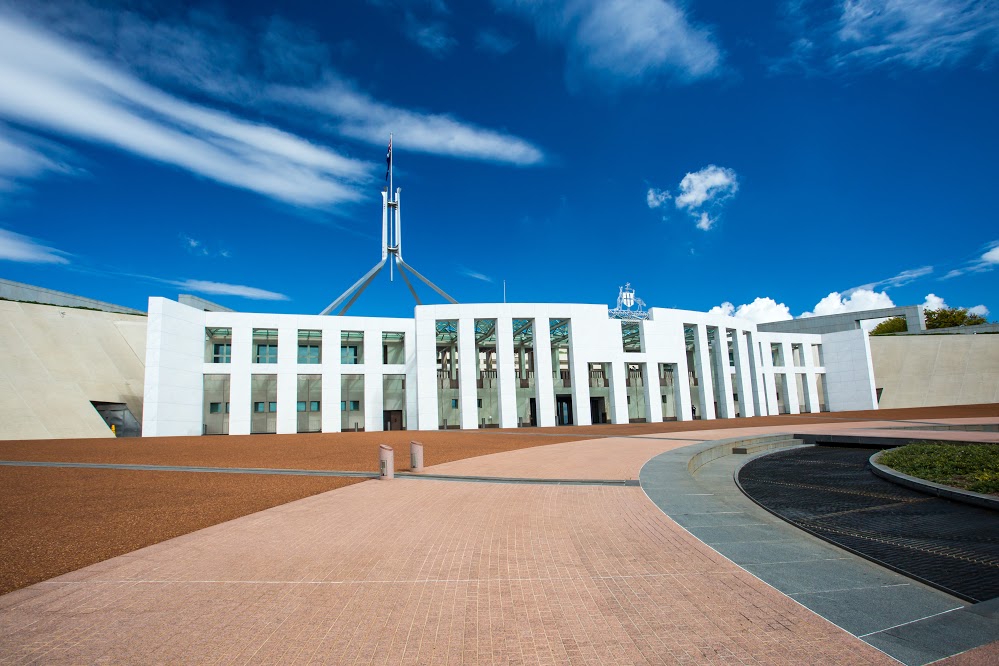Best financial interests measure tipped to spur higher compliance costs
The reversal of the evidential burden of proof under the government’s best financial interests measure could lead to increased compliance activity and costly legal expenses, potentially leading to increased fees for members, warns CPA Australia.
In a submission to the Treasury on the Your Future, Your Super package, CPA Australia said while it supports the government’s commitment to increasing the transparency and accountability by trustees, it does not support its measure to implement a new duty for trustees to act in the best financial interests of members.
The submission noted that this new duty will replace the current statutory duty to act in the best interests of members.
“It is important to note that the duty to act in members’ best financial interests is not a higher hurdle, but rather a subset of the existing members’ best interests duty — raising the question of why such an existing far-reaching duty might be stripped back to a singular minimum,” the submission explained.
“In addition, where the current best interests duty applies to all fund activity and decisions, the scope of the proposed best financial interest duty is reduced in application to third-party payments only.”
The implementation of this measure, CPA Australia said, includes a specific reversal of the evidential burden of proof and is not subject to a materiality threshold.
“What this means is that a decision of any magnitude can be queried by the relevant regulator, requiring trustees to produce evidence on all occasions that trustees have acted in the best interests of members,” the submission stated.
“The lack of a materiality threshold means that, hypothetically, as little as a few cents of funds invested on behalf of members could be pursued by regulators, leading to costly legal expenses that could potentially be incurred simply to defend a breach of very small magnitude.”
With the lack of materiality threshold, the submission pointed out that a letter sent in error could be such an example where a few cents of postage causes a technical breach.
“This suggests that any trustee’s decisions which potentially give rise to actions will need to be thoroughly documented. This reversal of the burden of proof provides a disincentive to regulators to engage in due diligence when investigating a complaint,” the submission explained.
“This may in turn result in an increase in the number of complaints put to trustees by regulators, together with an increase in resources dedicated to proving that the trustees did, in fact, act in the best interests of members.”
This increase in compliance and risk activity, the submission warned, can only be borne by members.
“As such, it is arguable that this policy may itself not be in members’ best financial interests,” it said.
The submission also said the measure raises the additional problem of survivor bias in relation to certain decisions made in the best financial interests of members.
“The business of wealth management, of which superannuation is a part, involves investment managers taking calculated investment risks on behalf of their members. Although great lengths can be gone to [in order] to manage investment and other risks, it is risk that is assumed to pursue greater investment returns,” it stated.
“Some funds will succeed, and other funds will not. It is likely that regulatory scrutiny will follow funds which do not provide returns commensurate with the level of investment risk which they have taken on.”
The means that, in all likelihood, there will be scenarios where a fund which has underperformed — but may in all ways be able to show that it acted in members’ best financial interests — will be subject to more regulatory scrutiny than funds which outperform, whether or not they have acted in the best financial interests of members, it said.
“We are concerned that, with the benefit of hindsight, a decision may be made by a regulator to pursue an action against a trustee in relation to a payment, which at the time may have seemed quite reasonable, but at that point in the future appears to be less so,” it stated.
“Therefore, CPA Australia does not support the reversal of the evidential burden of proof and recommends its removal.”

Miranda Brownlee
Miranda Brownlee is the deputy editor of SMSF Adviser, which is the leading source of news, strategy and educational content for professionals working in the SMSF sector.
Since joining the team in 2014, Miranda has been responsible for breaking some of the biggest superannuation stories in Australia, and has reported extensively on technical strategy and legislative updates.
Miranda also has broad business and financial services reporting experience, having written for titles including Investor Daily, ifa and Accountants Daily.








